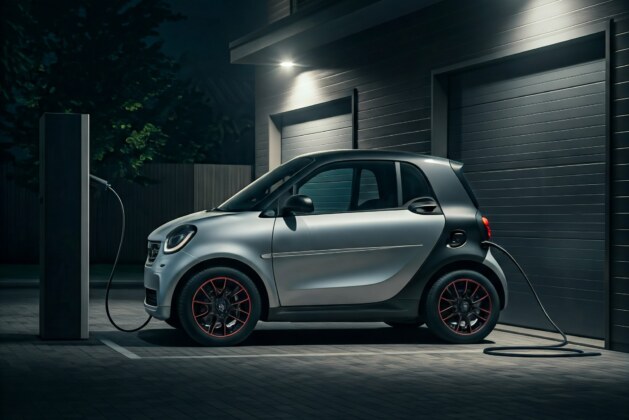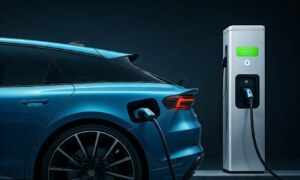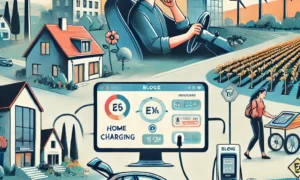Electric vehicles (EVs) are transforming the way we commute, offering a cleaner and more sustainable alternative to traditional internal combustion engine (ICE) vehicles. While larger battery EVs often dominate the conversation, smaller battery EVs present a compelling case, especially for daily commuters. Here, we explore why EVs with smaller batteries are not just sufficient but can actually be a better choice for most people, particularly as charging infrastructure continues to improve.
Benefits of Smaller Battery EVs for Daily Commutes
- Enhanced Efficiency Smaller battery EVs are lighter, which directly contributes to improved energy efficiency. A lighter vehicle requires less energy to move, leading to lower electricity consumption per mile. This means that your daily commute becomes not only greener but also more cost-effective.
- Reduced Wear and Tear The reduced weight of smaller battery EVs also means less strain on critical components such as tires and suspension systems. Over time, this translates to lower maintenance costs and longer-lasting parts.
- Affordable Pricing EVs with smaller batteries are generally more affordable than their larger battery counterparts. This lower price point makes them an attractive option for budget-conscious buyers looking to switch to electric mobility.
- Home Charging Convenience Most daily commuters cover a limited distance, well within the range of a smaller battery EV. With the ability to fully recharge overnight using a standard home charger, these vehicles eliminate the need for frequent visits to public charging stations. This is both convenient and economical.
Addressing Long-Distance Travel
While smaller battery EVs excel in daily commuting, long-distance travel can pose challenges due to their limited range. However, this is a temporary drawback. As charging infrastructure becomes more widespread and efficient, the occasional need to stop at a charging station during a long trip will become less of a concern. Faster charging times and an increasing number of charging stations will make these stops brief and hassle-free.
The Role of Charging Infrastructure
The success of smaller battery EVs hinges on the development of robust charging networks. Governments and private companies are investing heavily in expanding EV charging infrastructure, with initiatives such as:
- Highway Charging Networks: Strategic placement of fast chargers along highways ensures that long trips are feasible.
- Urban Charging Stations: Public chargers in cities and towns cater to those without access to home charging.
- Workplace Charging: Increasing availability of chargers at workplaces adds another layer of convenience for EV owners.
As these networks mature, the appeal of smaller battery EVs will only grow, as they’ll be able to comfortably handle occasional long-distance journeys.
A Greener Future
Smaller battery EVs also have a smaller environmental footprint during manufacturing compared to larger battery EVs. The production of smaller batteries requires fewer raw materials, such as lithium and cobalt, which reduces the overall environmental impact. By choosing an EV with a smaller battery, you’re making a conscious choice for a more sustainable future.
Conclusion
For daily commuters, EVs with smaller batteries are an excellent choice, offering a blend of efficiency, affordability, and convenience. As charging infrastructure continues to improve, the occasional need to charge during a long journey will become a minor inconvenience rather than a significant barrier. By embracing smaller battery EVs, we can enjoy the benefits of electric mobility while contributing to a greener planet. If you’re considering an EV, think small—and drive big on sustainability.




Leave a comment